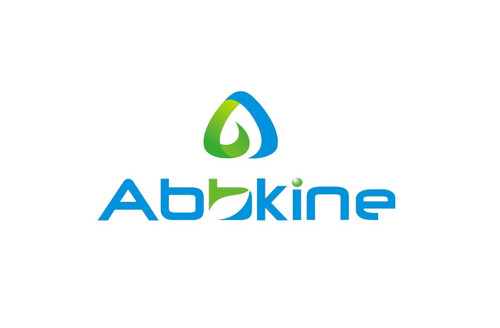Product Description
Human Small proline-rich protein 2B (SPRR2B) ELISA Kit | AE15058HU | Abebio
Species Reactivity: Human (Homo sapiens)
Abbreviation: SPRR2B
Alternative Name: OTTHUMP00000015752
Application: ELISA
Range: Request Information
Sensitivity: Request Information
Intra-Assay: ≤4.9%
Inter-Assay: ≤9.4%
Recovery: 1, 07
Sample Type: Serum, Plasma, Other biological fluids
Detection Method: Sandwich
Analysis Method : Quantitive
Test Principale: This assay employs a two-site sandwich ELISA to quantitate SPRR2B in samples. An antibody specific for SPRR2B has been pre-coated onto a microplate. Standards and samples are pipetted into the wells and anySPRR2B present is bound by the immobilized antibody. After removing any unbound substances, a biotin-conjugated antibody specific for SPRR2B is added to the wells. After washing, Streptavidin conjugated Horseradish Peroxidase (HRP) is added to the wells. Following a wash to remove any unbound avidin-enzyme reagent, a substrate solution is added to the wells and color develops in proportion to the amount of SPRR2B bound in the initial step. The color development is stopped and the intensity of the color is measured.
Product Overview: SPRR genes encode a novel class of polypeptides called small proline-rich proteins that are strongly induced during differentiation of human epidermal keratinocytes in vitro and in vivo. SPRR genes constitute a distinct class of cornified envelope precursor proteins. Gibbs et al. (1993) concluded that there are 7 genes for the SPRR2 subfamily of small proline-rich proteins, including SPRR2B.Using DNA microarray analysis, Zimmermann et al. (2005) identified Sprr2a and Sprr2b as allergen-induced genes in a mouse model of experimental asthma.By analysis of human-rodent hybrid cell lines and FISH, Gibbs et al. (1993) determined that all SPRR genes, including SPRR2B, are closely linked within a 300-kb DNA segment on chromosome 1q21-q22.
Stability: The stability of ELISA kit is determined by the loss rate of activity. The loss rate of this kit is less than 5% within the expiration date under appropriate storage condition. The loss rate was determined by accelerated thermal degradation test. Keep the kit at 37°C for 4 and 7 days, and compare O.D.values of the kit kept at 37°C with that of at recommended temperature. (referring from China Biological Products Standard, which was calculated by the Arrhenius equation. For ELISA kit, 4 days storage at 37°C can be considered as 6 months at 2 - 8°C, which means 7 days at 37°C equaling 12 months at 2 - 8°C) .
 Euro
Euro
 USD
USD
 British Pound
British Pound
 NULL
NULL








